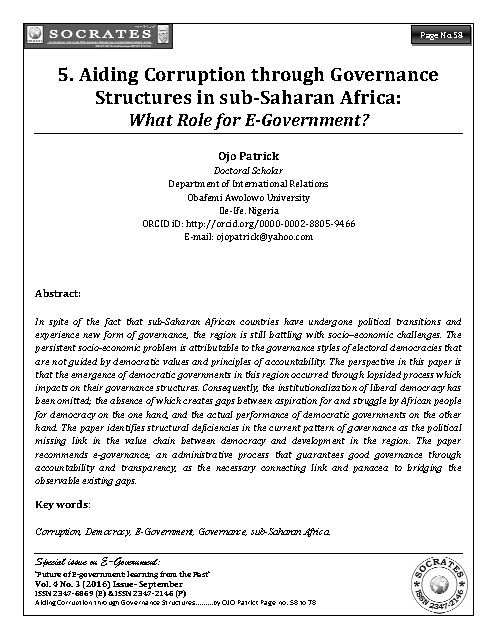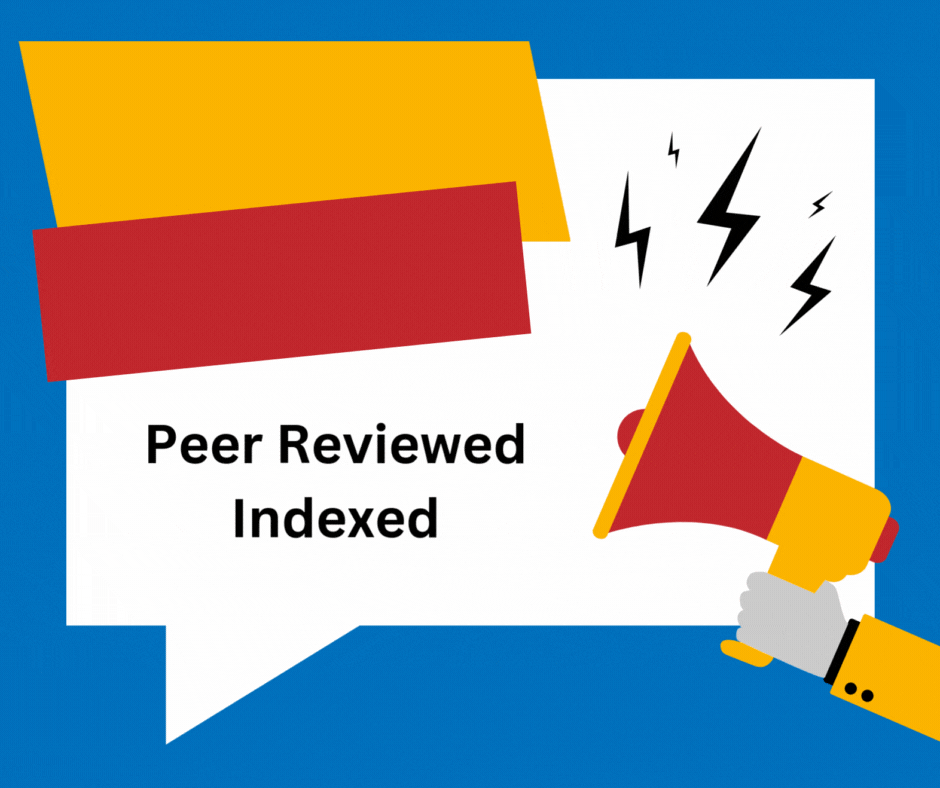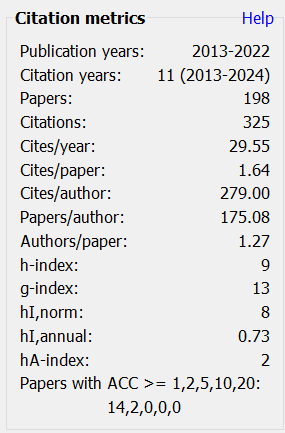Euthanasia Or Death Assisted to (It's) Dignity
Keywords:
Euthanasia, dying, death, existential analytics, fundamental ontology, ontology of death, metaphysics of deathAbstract
The paper attempts to conceptualise the “ancient” issues of human death and human mortality in connection to the timely and vital subject of euthanasia. This subject forces the meditation to actually consider those ideological, ethical, deontological, legal, and metaphysical frameworks which guide from the very beginning any kind of approach to this question. This conception – in dialogue with Heideggerian fundamental ontology and existential analytics – reveals that, on the one hand, the concepts and ethics of death are originally determined by the ontology of death, and, on the other hand, that, on this account, the question of euthanasia can only be authentically discussed in the horizon of this ontology. It is only this that may reveal to whom dying – our dying – pertains, while it also reveals our relationship to euthanasia as a determined human potentiality or final possibility. Thus euthanasia is outlined in the analysis as the possibility of becoming a mortal on the one hand, while on the other hand, it appears in relation to the particularities of its existential structure, which essentially differ from the existential and ontological structure of any other possibility of dying. This is why it should not be mixed up with, or mistaken for, any of these.
Downloads
Metrics
References
Bacon, F., Dick, L. V., & Ed, H. G. (1555). Francis Bacon: Selected Writings. 1st ed. : Modern Library, Print. [Google Scholar]
Baconi, F. . Baronis De Verulamio, De Dignitate Et Augmentis Scientiarum Dans Novum Organum. 1st ed. : Print. [Google Scholar]
Cf, B. L. (1967). A Magyar Nyelv Történeti-Etimológiai Szótára (Hungarian Language Dictionary Of Historical Etymology). 1st ed. : Budapest: Print. [Google Scholar]
Philippa, C. B. L., & Foot, (1977). Euthanasia. Philosophy And Public Affairs. : Print. [Google Scholar]
Cohen-Almagor, R. (2004). Euthanasia In The Netherlands: The Policy And Practice Of Mercy Killing. 1st ed. Boston, Dordrecht, London: Kluwer Academic Publishers, Print. [Google Scholar]
G Marshall London Continuum, (2004). . : Print. [Google Scholar]
Georges, J., Onwuteaka-Philipsen, B. D., vanderWal, G., vanderHeide, A., & vanderMaas, P. J. (2005). Differences between terminally ill cancer patients who died after euthanasia had been performed and terminally ill cancer patients did not request euthanasia. Palliative Medicine, 19, 578-586. [Google Scholar]
Hocquard, A. (1999). volontaire. : Paris. [Google Scholar]
Johansen, S., Holen, J. C., Kaasa, S., Loge, J. H., & Matersvedt, L. J. (2005). Attitudes toward, and wishes for, euthanasia in advanced cancer patients at a palliative medicine unit. Palliative Medicine, 19, 454-460. [Google Scholar]
Le, D. T. (1982). Secret Médical Et L’Information Du Malade. Lyon: Presses Universitaires de. Lyon: Print. [Google Scholar]
Lord, F. B. (2006). Bacon's Essays, Or Counsels Moral And Civil: Translated From The Latin By William Willymott. : Oxford: Universitatea Oxford, Print. [Google Scholar]
Mackelprang, R., & Mackelprang, R. (2005). Historical and Contemporary Issues in End-of-Life Decisions: Implications for Social Work. Social Work, 50(4), 315-324. [Google Scholar]
Mystakidou, K. (2005). The evolution of euthanasia and its perception in Greek culture and civilization. Perspectives in Biology and Medicine, 1, 95-105. [Google Scholar]
Sissel, J., Holen, J. C., Kaasa, S., Loge, J. H., & Matersvedt, L. J. . Attitudes toward, and wishes for, euthanasia in advanced cancer patients at a palliative medicine unit. Palliative Medicine, 19, 454-460. [Google Scholar]
Školka, E. (2004). ale asisten?ei bolnavului aflat în stadiul terminal – Posibilit??i, limite ?i dileme fundamentale (Aspects of terminally ill patients assistance – Possibilities, limits, and fundamental dilemmas. : Napoca. [Google Scholar]

Downloads
Published
How to Cite
Issue
Section
License
Revised Copyright/CC license that applies to all the articles published after 05-02-2017
Attribution-NonCommercial 4.0 International (CC BY-NC 4.0)

Copyright/CC license that applies to all the articles published before 05-02-2017
Attribution-Non Commercial-No Derivatives 4.0 International (CC BY-NC-ND 4.0)

Author(s) will retain all the right except commercial and re-publishing rights. In the case of re-publishing, they will have to obtain written permission from the journal. Additional licensing agreements (Creative Commons licenses) grants rights to readers to copy, distribute, display and perform the work as long as you give the original author(s) credit, they can not use the works for commercial purposes and are not allowed to alter, transform, or build upon the work. For any reuse or distribution, readers and users must make clear to others the license terms of this work. Any of these conditions can be waived if you get permission from the copyright holders. Nothing in this license impairs or restricts the authors’ rights. To view a copy of this license, visit http://creativecommons.org/licenses/by-nc-nd/4.0/ or send a letter to Creative Commons, 171 Second Street, Suite 300, San Francisco, California, 94105, USA.
Research Papers published in SOCRATES are licensed under an Attribution-NonCommercial-NoDerivatives 4.0 International (CC BY-NC-ND 4.0)












